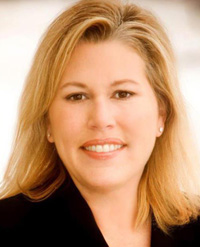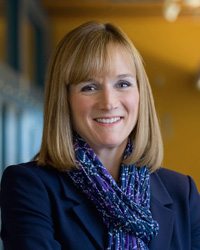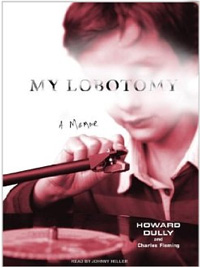A Mom’s blog … with reasons not to “freak out”
by Rachel Talen
Here’s Kelly with another terrific guest post.
Happy to share my birthday month this year
by Kelly Zatlin
March has always been my favorite month … it’s my birthday month! Come to find out, though, that March is also National Developmental Disabilities Awareness Month. How cool is that?
I became aware of this when I read a blog called To The Max on Parents.com. To The Max is written by a mother, Ellen Seidman, whose son Max has significant disabilities. Her post called If Your Child Has Developmental Delays: 5 Reasons Not to Freak Out was published during this special month to “help increase your awareness about why you shouldn’t let delays get you down.” She gives great reasons for parents not to “freak out” and also cites studies from Easter Seals. In one post, she brings attention to the work we do at Easter Seals AND helps spread awareness about developmental delays. I think we love this woman!
It’s definitely hard for any parent to hear the news that their child has a disability or is developmentally delayed in some way. Ellen has been through it all and she knows just how difficult it can be, but after going through it herself, she also knows that it doesn’t have to be as tough as you may think. Why? I’ll give you the quick version, but I also encourage you to read her post for even more information. Some reasons not to freak out:
- Because children’s brains are impressionable and malleable
- Because you have resources
- Because there is comfort in numbers
- Because there is no rush to the finish line
In the early stages, Ellen was left with no hope from her doctors when she needed it the most, but eventually, she found that hope for her son and for her family through early intervention services. The harsh reality is that more than one million children who are at risk of developmental delays go undiagnosed every year, which keeps them from receiving services that could help tremendously. Ellen, like Easter Seals, wants people to know that doing something early on can make all the difference in the world and will give their child a better chance at the happiness and independence they deserve.
Our Make the First Five Count campaign here at Easter Seals promotes early intervention and, as the name implies, encourages tracking development in the first five years of a child’s life. Ellen brings up a good point that each child develops at their own pace, but one of the ways Easter Seals helps parents track their own child’s development is through our Ages and Stages Questionnaire, which is a free online screening tool. I’m not even close to being a parent, but I can’t stress enough how important it is for parents to utilize the Ages and Stages Questionnaire to track their child’s developmental milestones, whether or not they think their child may have a disability. Ellen knows what she’s talking about when it comes to early identification, and I’m so glad she wrote this post in honor of my birthday month … I mean, in honor of National Developmental Disabilities Awareness Month. Reading her post was like eating the birthday cake I never got this year, just without the calories!








 Here’s my intern Kelly Zatlin with another guest post.
Here’s my intern Kelly Zatlin with another guest post.
 I just heard about something very cool happening with a friend of Easter Seals. Eileen Howard Boone, Easter Seals National Board Member and SVP of Corporate Communications and Community Relations for CVS Caremark, has been nominated for the Ad Club’s
I just heard about something very cool happening with a friend of Easter Seals. Eileen Howard Boone, Easter Seals National Board Member and SVP of Corporate Communications and Community Relations for CVS Caremark, has been nominated for the Ad Club’s  A few weeks ago I found myself talking with Erik Cook, one of my colleagues here at Easter Seals, about the books we are reading, and book clubs we belong to now or have belonged to in the past.
A few weeks ago I found myself talking with Erik Cook, one of my colleagues here at Easter Seals, about the books we are reading, and book clubs we belong to now or have belonged to in the past.